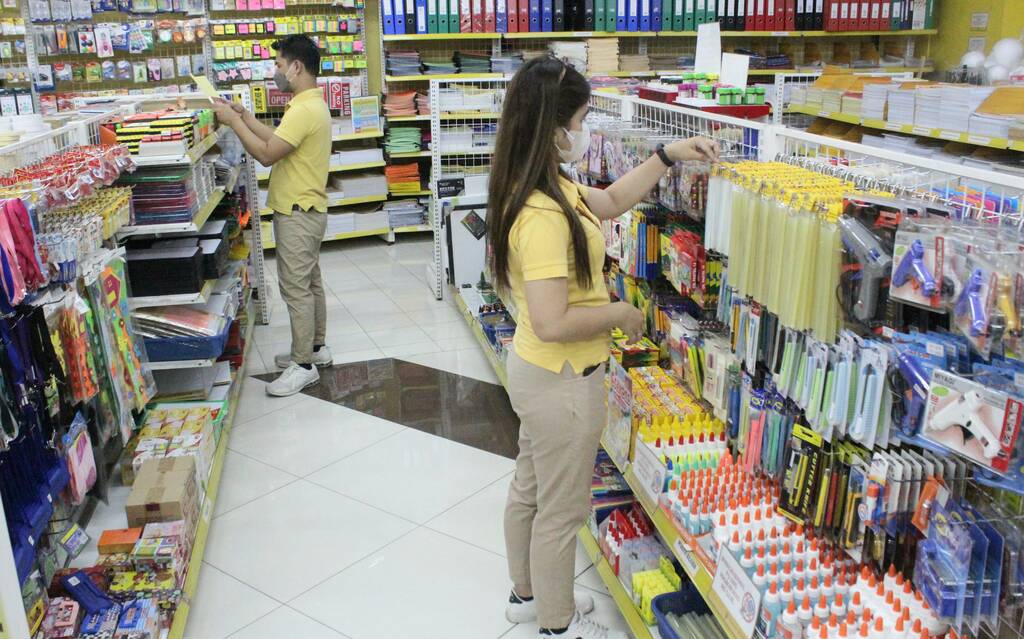Since the beginning of this year, the Philippines has allowed foreign investment in retail trade, subject to certain conditions.
To begin with, the Retail Trade Liberalization Act was enacted in March 2000. The law is intended to promote efficiency and competition between domestic industries and foreign competitors, as well as better service and lower prices for consumers.
Prior to its enactment, only Filipino citizens and companies wholly owned by Filipino citizens could have a retail business in the Philippines.
The law was then amended in January 2022. Under the amended law, a foreign-owned partnership, association or corporation may engage or invest in the retail business, provided that it has a minimum paid-up capital of P25 million, that its home country does not prohibit the entry of Filipino retailers and that, where it engages in retailing through more than one physical store, it makes a minimum investment of P10 million per store.
Foreign investment
The Republic Investment Board coordinates with national agencies and local governments on investment policies and procedures and establishes and administers annual investment priority plans to promote specific sectors of the economy by granting special investment incentives to specific industries.
In May 2020, the Board of Investment submitted its proposed Investment Priority Plan 2020 (IPP 2020) to then President Duterte for approval.
The IPP 2020 provides a transition for the implementation of the CREATE tax law, and integrates investment incentives (including income tax vacations and exemption from taxes and duties on imports of capital goods) for rural development, as well as Covid-19 pandemic mitigation activities, such as the manufacturing of essential Covid-19 goods and personal protective equipment.
Then, in March 2022, the BOI submitted its proposed Strategic Investment Priority Plan 2022 (SIPP 2022) to then President Duterte for approval.
The 2022 SIPP builds on the 2020 IPP, and is aligned with the Philippine Development Plan 2017-2022, the Inclusive Innovation Industrial Strategy of the Department of Trade and Industry, and the Pagtanaw 2050 program of the Department of Science and Technology.
This lists investments eligible for tax incentives, including IPP 2020 activities, and these include activities such as the development of green ecosystems and others that will help build a more competitive economy and boost the Philippines’ industrial value chains, as well as investments in research and technology development.
Debt
In the first five months of 2022, based on preliminary data, net Foreign Direct Investment (FDI) inflows were $4.2 billion, 18.8% higher than the $3.5 billion recorded in the first five months of 2021.
The higher inflows were mainly due to a significant increase in net debt instruments, which rose from $2.2 billion in the first five months of 2021 to $3.1 billion in the first five months of 2022.
![]()

